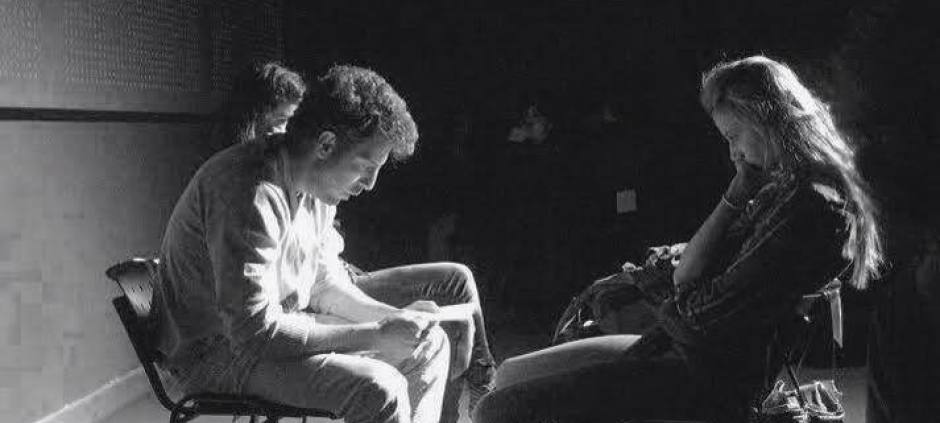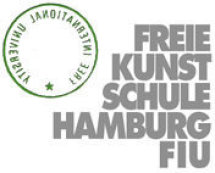Eight actors read the letters of eight strangers. All of them are connected by the same problem — there is violence in their families.
The "domestic violence" problem is an extremely serious social phenomenon. One out of four women in Bulgaria is a victim of violence in her family.
This problem does not have only one side. Not only the women are a part of it but also their husbands and side by side with them — their children. The characters in "Next to you" are representatives of all these three sides of the problem. They stay anonymous, they hide their faces and names but they share something much more personal — their own stories they have been keeping inside for a very long time before they had the strength to speak out.
This is a performance where the actors don't perform, don't transform themselves, don't put on masks. They empathize with the problems of their heroes, not pretending to be them. They simply share their stories and leave the audience to put themselves in their places, to feel the atmosphere in their families and to create their own final.
“Next to You” is a documentary performance based on real stories.
The “domestic violence” problem is an extremely serious social phenomenon.
-
140 000 000 is the approximate number of women, victims of domestic violence in the world.
-
1 816 250 is the approximate number of women, victims of domestic violence in Bulgaria.
-
7 is the approximate number of women who are dying each year in Bulgaria because of domestic violence.
-
120 000 is the approximate number of women, victims of sexual violence in Bulgaria.
“Next to You” started as a project during NEDRAma International Theatre Laboratory in 2014 in “The Red House” Centre for Culture and Debate in Sofia, Bulgaria. In its first version the performance included six stories (interviews) of women victims of domestic violence. But afterwards when we began to develop the project we realized that this problem does not have only one side. This is why we took interviews not only from women and children, victims of violence but also from people (men and women) who have been violent against their siblings. This was the way to go as deep as we could in the problem and to look at it from all possible sides in order to analyze it and understand it.
Statistics show that the “domestic violence” problem is widespread but the people who have experienced it rarely talk about it. It is extremely hard for them to speak about it and if they do, they do it anonymously in most of the cases. This is because they feel formidable shame and intense fear. That is the reason why we were searching for a theatre form that carries the feeling of anonymity and we chose the form in which the actors read letters from their heroes. This is a performance where the actors don’t pretend to be the characters. They simply read their stories. Despite of the most cases where the actor interprets the text this is a case where the text works for the actor and leads him through emotions and pushes to actions.
It was really important to include the audience as an active participant in the performance, to make them feel part of it, to put themselves in the places of our heroes and their families. This is why we arranged the space in a way that the audience sits together with the actors. There is no separation between the audience and the actors. They are all one. The space is separated in parts. Each part has 4 chairs (2 couples – a man and a woman sit against a man and a woman – it looks like a family dinner). There is a lamp over each group which creates an atmosphere of a home. The audience is placed in this home, they see and hear what happens, but they don’t know the end of the story. The light goes off and the end of each story remains untold as it is in real life where we can’t see everything that happens at home of other families and only our imagination creates the end of the story.
The performance is separated in three blocks – “Victims”, “Violators” and “Children”. It was really important that the final words are given to children because eventually they are the people who are most affected from this problem. The violence in their families leaves a lifelong lasting impression in them.
At the end of the performance there is a moment of provocation for the audience to think, to analyze, to share and in the end – to choose the final on their own.
Director:Margarita Macheva
Curator: Georg Genoux
Actors: Alexandra Dimitrova, Boryana Peneva, Irina Andreeva, Sofia Ruhova, Leart Dokle, Milko Yovchev, Toni Karabashev, Vasil Asenov
Premiere: 22 of February 2015 at the I AM STUDIO Sofia.
The project is supported by Democracy.doc and the Freiburger Kant Stiftung.



